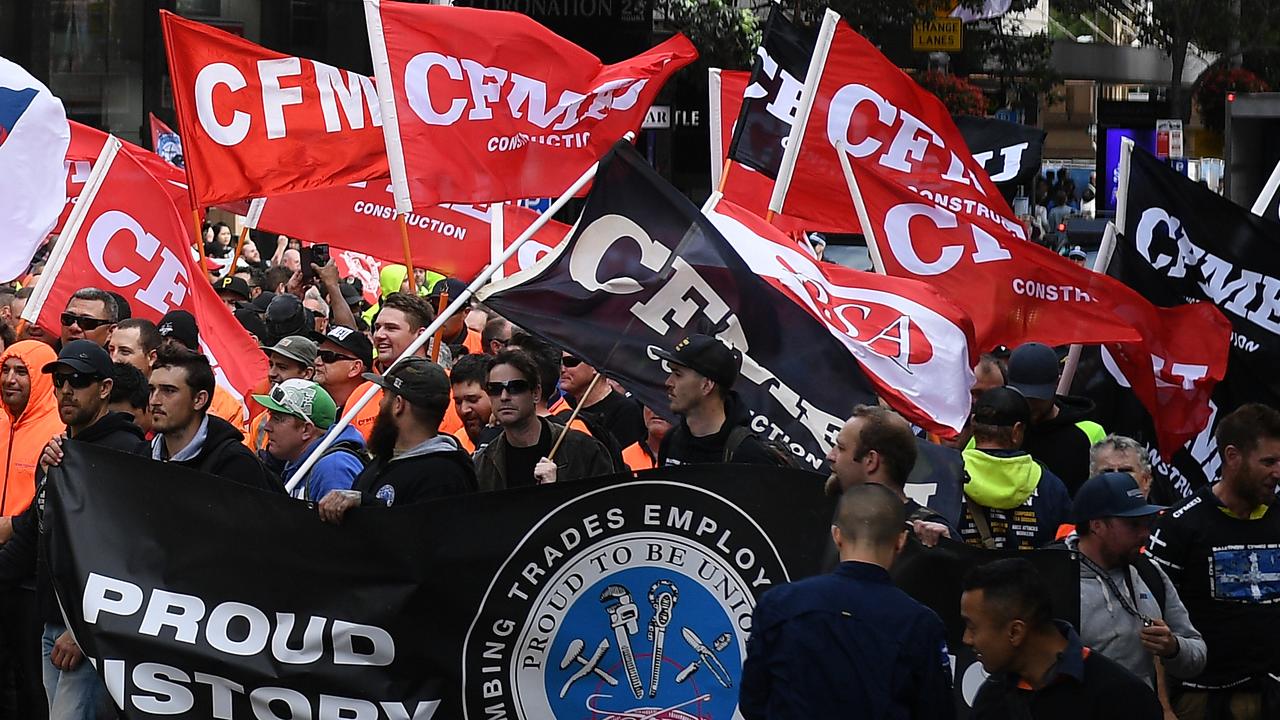Bosses reject Labor’s IR policy
Employers have attacked federal Labor’s plan to ban companies from unilaterally terminating enterprise agreements.

Employers have attacked federal Labor’s plan to ban companies from unilaterally terminating enterprise agreements, claiming it would leave firms more vulnerable to changing market conditions, discourage enterprise bargaining and suppress, rather than encourage, pay rises.
Opposition workplace relations spokesman Brendan O’Connor said successful employer applications to unilaterally terminate enterprise agreements had led to workers being worse off, and Labor would prohibit them if it won the federal election.
Mr O’Connor said it was unfair and unacceptable that terminations further drove down pay when wages growth was at its lowest in 20 years.
Labor’s policy is backed by unions, which claim employers are seeking to terminate agreements in the “dying days” of the Morrison government.
Australian Industry Group chief executive Innes Willox accused unions of “wild and false assertions”, claiming the facts did not support the policy change.
Mr Willox said Fair Work Commission data showed fewer than 3 per cent of applications to terminate expired enterprise agreements in the past two to three years had been contested.
He said there had been only a handful of rigorously contested enterprise agreement termination applications over the past five years.
“There were very exceptional circumstances in each case, and the agreement was only terminated after a very lengthy period of bargaining and extensive Fair Work Commission proceedings,’’ Mr Willox said.
“Also, in each case generous over-award wages and conditions were maintained despite the termination of the agreement.”
Australian Chamber of Commerce and Industry workplace relations director Scott Barklamb said it was vitally important that employers had the capacity to terminate “outmoded agreements”.
“If employers can no longer apply to have enterprise agreements terminated, they are going to be even more reticent to use them in the first place, and this will suppress, rather than encourage, wage increases,’’ he said. “The conditions and concerns of employers and employees today will not apply in perpetuity. Employers and employees must have flexibility to adapt, and you don’t get there by cementing today’s priorities in stone.”
Mr Barklamb said unions repeatedly claimed that agreements were being regularly and widely terminated by employers unilaterally but “that’s just untrue”. “In the handful of cases where applications are contested, the bar is very high and the Fair Work Act contains substantial protections to strike the right balance for all parties involved,’’ he said.
Tara Diamond, acting chief executive of the Australian Mines and Metals Association, said there was no reasonable justification for Labor’s proposal.
“The ability for either party to an agreement, be it a union or an employer, to unilaterally apply for its termination has been a necessary and largely uncontroversial feature of our enterprise bargaining system since the 1996 Workplace Relations Act,” she said. “Only a tiny percentage of applications made over that time have been contested.”




To join the conversation, please log in. Don't have an account? Register
Join the conversation, you are commenting as Logout